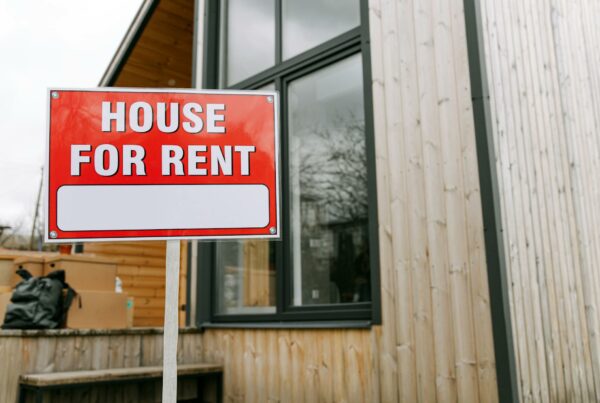Last Updated on November 10, 2022
While buying a home for the first time is a huge milestone, it can be fun and challenging at the same time. The process can become complicated and overwhelming, especially if you aren’t prepared. As a first-time homeowner, it’s essential to consider affordability, condition, and longevity when looking for your dream home.
Now that you’re ready to own your first property, understanding the real estate market and how to navigate it can help streamline the process. Here are five tips for buying your first home.
- Research
Research is a crucial step when looking for a house to purchase. It helps you understand the home buying process, making it easier to navigate a hot and competitive housing market. Through research, you can determine what you expect and what is expected of you. During the research stage, you should know the kind of home you want, including a townhouse, a traditional home, or an apartment. This helps you create a realistic budget and narrow down the properties you can afford. Research also helps you get accustomed to terms like pre-contract, pre-settlement, and others you’re likely to encounter when looking for the ideal home.
- Start saving early
Buying a home isn’t cheap. So, familiarize yourself with the costs involved and start saving early. Ensure you have enough down payment, which usually depends on the kind of mortgage you pick and the lender. As a first-time home buyer, you may require at least 3.5% down for an FHA loan or 3% for a conventional loan. This translates to saving about $10,500 to $12,250 to purchase a home worth $350,000. If you’re eligible for assistance, you might need even a lower down payment. Closing costs are another out-of-pocket cost you should note. They cover the loan set fees, including title, credit report, appraisal fees, and more.
- Build your credit score
Your credit score determines whether you qualify for a mortgage or not. It also impacts the interest rates lenders offer you. With a high credit score, you’ll attract low-interest rates. Assess your credit report to ensure there aren’t any errors, then start improving it before applying for a loan. Consider paying your bills on time, maintaining a low credit utilization rate, leveraging credit score boosting programs, consolidating your debts, and limiting new account applications to strengthen your credit score. This will help you access affordable financing for your first home.
- Consider location
Location is a crucial consideration in real estate. If you buy in a not-so-desirable neighborhood, you might have difficulties selling your home. The right location for your first home should be close to schools, especially if you have school-going children, have low crime rates, be near essential amenities, and have several transportation options. Your home should also be in a location with future appreciation prospects.
- Set a budget
A home-buying budget is more than a monthly mortgage payment. Owning a home involves ongoing costs like property taxes, utilities, maintenance, and homeowners’ insurance. When these expenses add up, they can make a property that seemed cheaper on paper expensive in reality. When calculating how much you can afford to buy your first home, factor in these costs plus other regular expenses to find the right home.
Endnote
First-time home buying can be challenging and overwhelming. With these tips, you can ensure a seamless process as a first-time home buyer.





